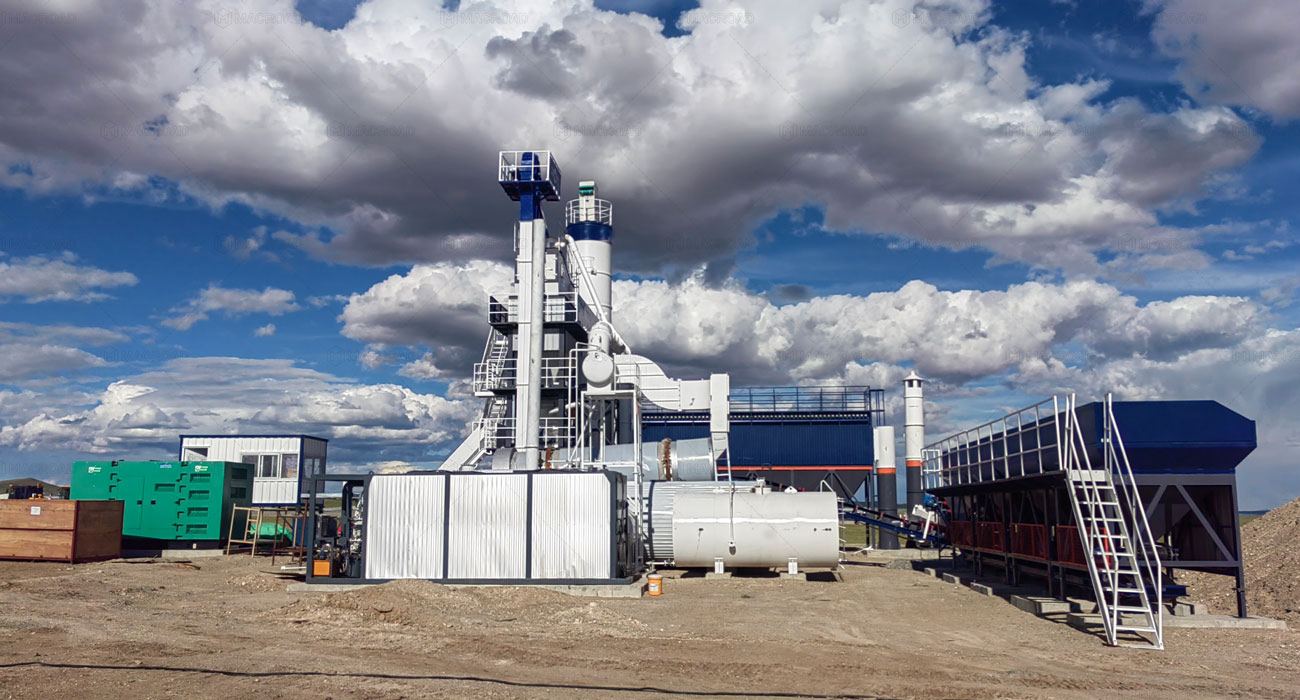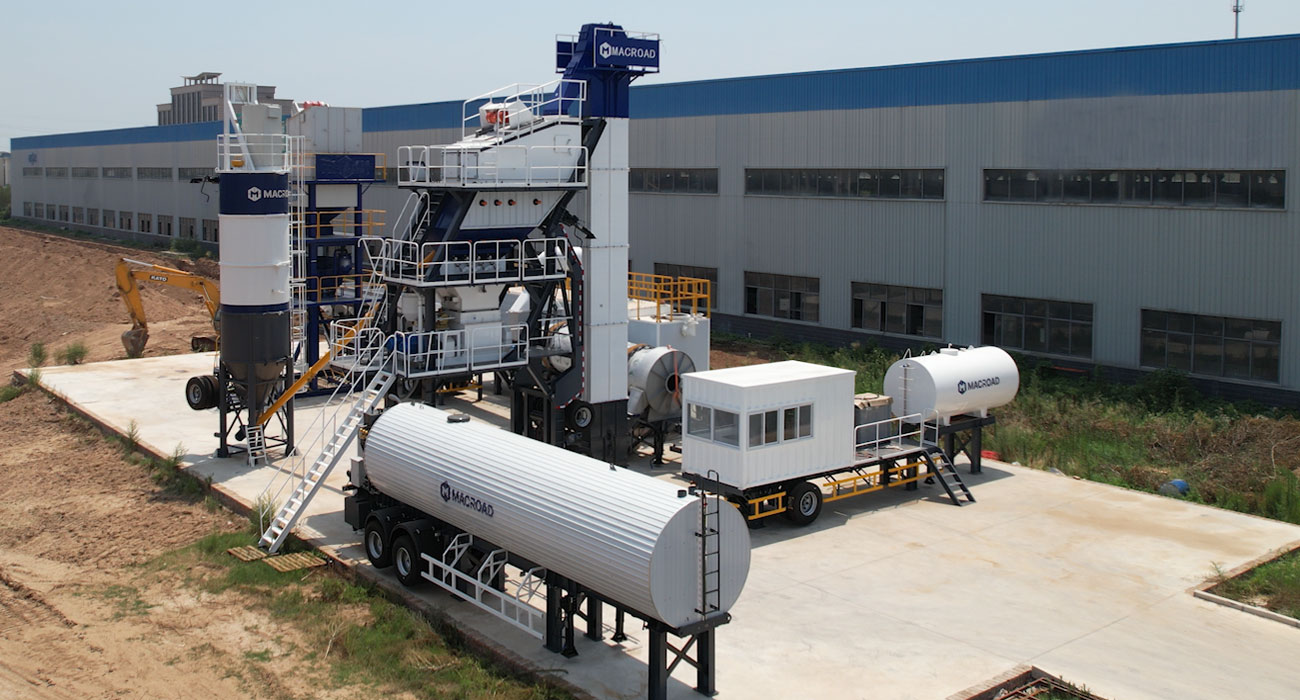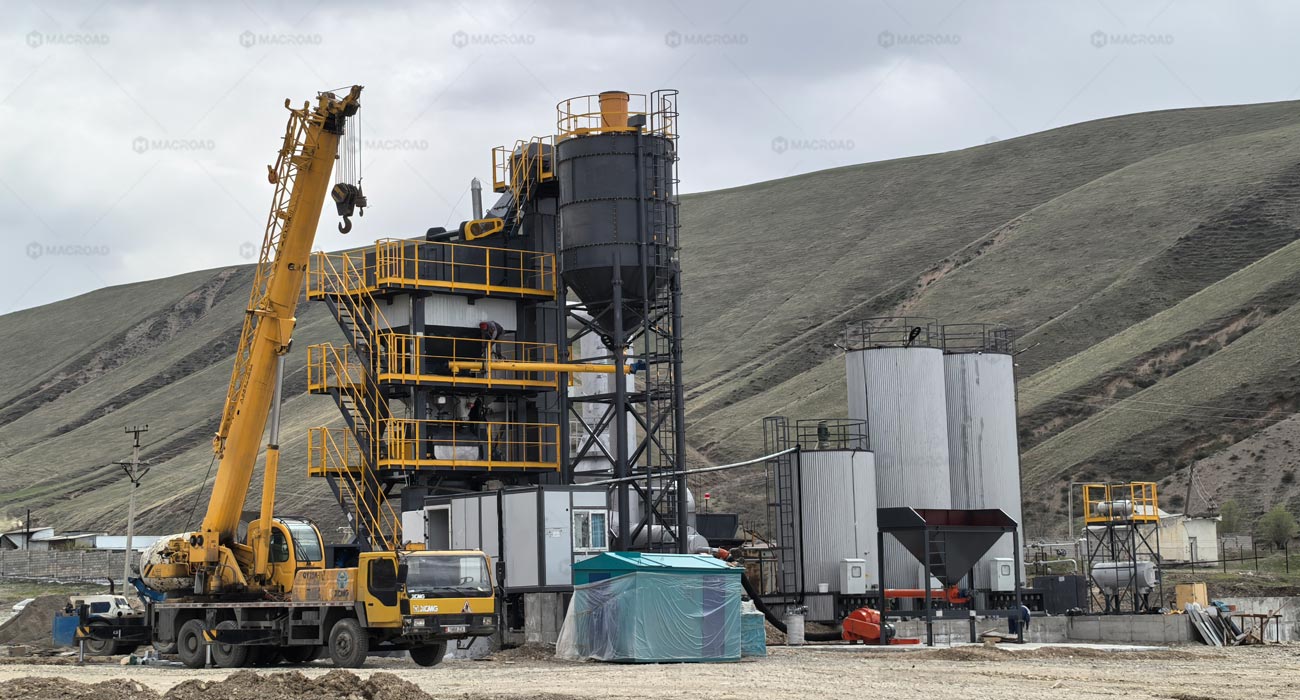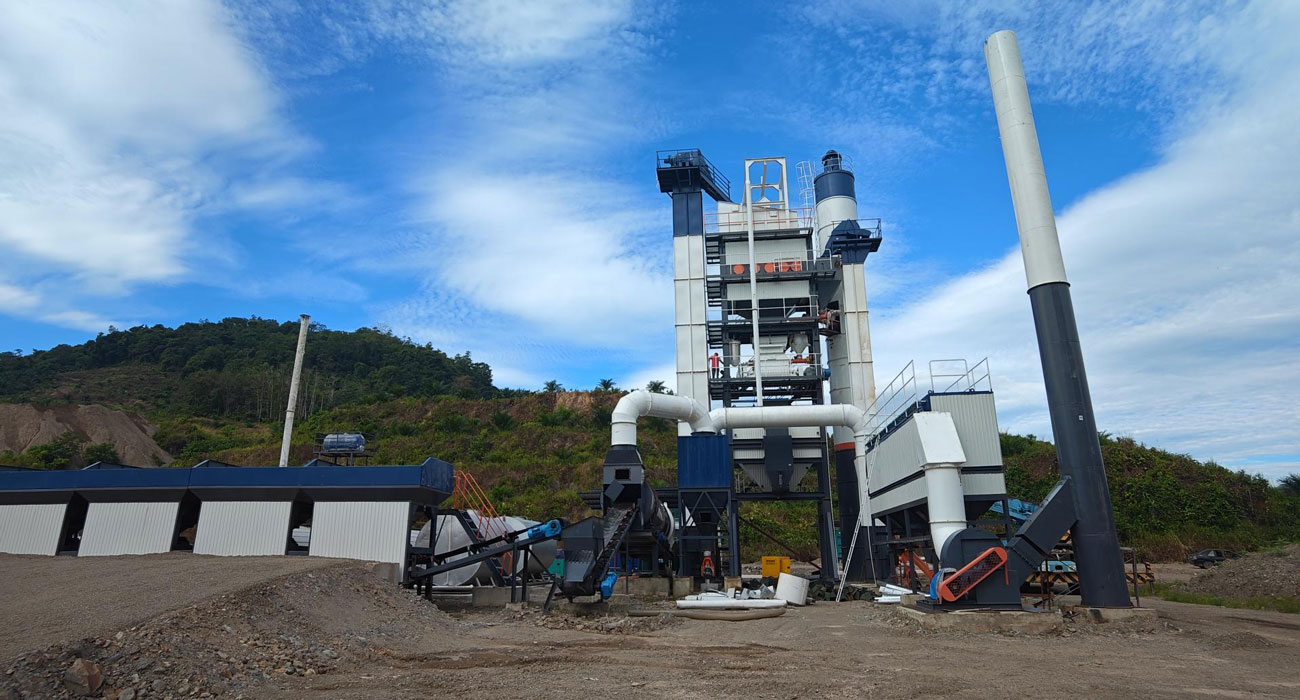The core advantage of batch type hot mix plants lies in their controllable batch quality, making them ideal for projects requiring high precision. However, their production efficiency is often limited by batch intervals, which can slow down overall output. While mobile asphalt mix plants and stationary asphalt mix plants can enhance production continuity, they must still adapt to the process logic of batch hot mixing to ensure the desired quality. This article explores how asphalt plants can optimize the connection of production processes among these three types of equipment, achieving a balance between quality and efficiency.

Understanding the Strengths and Limitations of Each Plant Type
To effectively integrate batch type hot mix plants, mobile asphalt mix plants, and stationary asphalt mix plants, it is essential to understand the strengths and limitations of each equipment type. Batch type hot mix plants excel in producing high-quality asphalt mixtures due to their precise control over batch parameters. However, their efficiency can be hampered by the time required for each batch cycle.
In contrast, mobile asphalt mix plant offer increased flexibility and continuous production capabilities, making them suitable for on-site projects. Stationary asphalt mix plants, while typically more efficient than batch plants in terms of output, still require careful management to maintain quality standards. By recognizing these characteristics, asphalt plants can develop strategies to leverage the advantages of each type while mitigating their limitations.

Formulating Timing for Aggregate Supply
One of the key strategies for optimizing production processes is to formulate a precise timing schedule for supplying basic aggregates from stationary asphalt mix plants to batch type hot mix plants. This coordination ensures that the batch plants receive the necessary materials without unnecessary delays, allowing them to maintain their high-quality output.
By establishing a synchronized supply chain, asphalt plants can minimize downtime and streamline the production process. For example, scheduling aggregate deliveries based on the production cycles of the batch plants ensures that materials are available when needed, thus enhancing overall efficiency without compromising quality.

Designing a Batch Coordination Plan
Another critical component in optimizing production processes is designing a batch coordination plan between mobile asphalt mix plants and batch type hot mix plant. This plan should focus on effectively managing the flow of materials and production schedules to ensure seamless integration.
For instance, mobile asphalt mix plants can be utilized to produce smaller batches of asphalt for immediate needs, while the batch type hot mix plants can focus on larger, high-quality outputs. By coordinating the production schedules of these plants, asphalt plants can ensure that they meet project demands efficiently while retaining the quality advantages associated with batch production.

Implementing Real-Time Monitoring and Adjustments
To achieve a true “quality-efficiency” balance, asphalt plants should implement real-time monitoring systems that track production parameters across all equipment types. These systems enable operators to make timely adjustments based on current production needs, ensuring that both quality and efficiency are maintained.
By utilizing data analytics and monitoring technologies, asphalt plants can identify trends and adjust their processes accordingly. This proactive approach allows for quick responses to any issues that may arise, ensuring that the production processes remain aligned with project requirements while maximizing output.
Conclusion: Achieving Quality and Efficiency in Asphalt Production
In conclusion, optimizing the connection of production processes among batch type hot mix plants, mobile asphalt mix plants, and stationary asphalt mix plants is essential for achieving a balance between quality and efficiency. By understanding the strengths and limitations of each plant type, formulating precise timing schedules for aggregate supply, designing effective batch coordination plans, and implementing real-time monitoring systems, asphalt plants can enhance their operational effectiveness.
This integrated approach not only allows for high-quality asphalt production but also addresses the production capacity gaps inherent in each equipment type. Ultimately, asphalt plants that invest in these optimization strategies will be better positioned to meet the demands of modern construction projects, delivering superior results efficiently and effectively.
